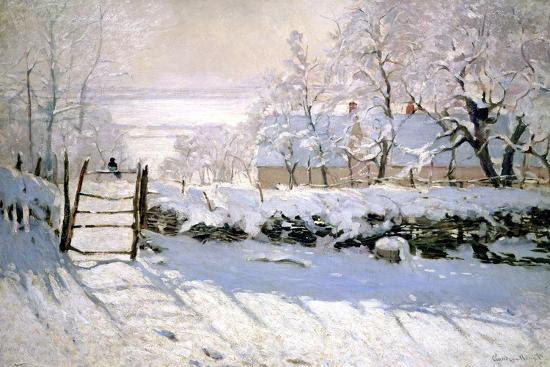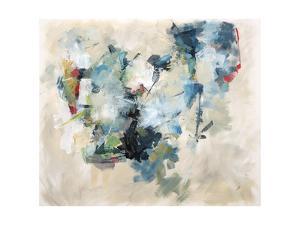I’m not a big fan of the holiday season. I hate the sense of pressurized joy, where the faith and wonder at the core of the holiday season is so frequently eclipsed by materialistic frenzies and high stakes expectations. Admittedly, I am a woman of little … [Read more...]
Writer’s Log, November 4th: It might be time to take a vacation…
Anyone who’s ever spent a few hours trying to wrangle their words onto a page knows that writing is hard work – never mind those of us who are nuts enough to do that on a daily, weekly, and yearly basis. And yet, even after more than a decade of doing this work, I find that … [Read more...]
Writer’s Log, October 4: Harvesting
Ah, harvest time. The time of pumpkins and colorful leaves and crisp air and getting the kids’ Halloween costumes on time and figuring out whether they need masks under their masks and deciding whether or not you’d like to make a real effort at losing the COVID 19 … [Read more...]
Writer’s Log, September 3rd: The Physics of Writer’s Block
What, exactly, is writer’s block? When most of us talk about it, we don’t mean that we are literally negotiating a boulder between ourselves and our computer, or stuck under something heavy. I think we’re talking about being at a creative impasse, a terrible no man’s land where … [Read more...]
Writer’s Log, August 2nd: Don’t Quit Your Day Job
It’s always heard as an insult, this particular piece of advice. It’s what we tell people who’ve gone out on a limb to seek some kind of fulfillment that doesn’t offer immediate pay or benefits, usually after their early efforts at fulfillment result in … [Read more...]
Writer’s Log, July 1: Renewal
Last week, I went to my first in-person yoga class in fifteen months. It was on the beach near the small town where I work, and when I arrived, the only people in the parking lot on the bluff were a handful of weary tourists flummoxed by the electronic pay station. But after a … [Read more...]
Writer’s Log, May 2nd: Practice
Today I want to talk about practice because it is just so unbelievably, tooth-pullingly, maddeningly hard. We’re designed to grow, right? We all want to get better at the things that are important to us, right? And we all know that only through genuine practice – showing up and … [Read more...]
Writer’s Log, April 4th: Cartography
One of the biggest problems I have with the language around creativity is how frequently it refers to that which is beyond our control. Writers “wait for their muse,” or “suffer writer’s block,” or aren’t “picked up” by an agent, or editor, or publisher. This language isn’t just … [Read more...]
Writer’s Log, March 1: Intentional Wonder
As many of you already know, I have not found popular writing advice particularly helpful. I find word counts and keeping my butt in the chair and strict writing struggles to be overly rigid techniques that make incorporating a writing practice into my daily life even harder than … [Read more...]
Writer’s Log, February 1st: The Shelf Life of Social Media
It seems that if you show even a glimmer of potential these days, you will be immediately encouraged to devote your energies toward getting on the internets and doing everything you can to get the popular people to notice you. And if you grumble about the constant interruption … [Read more...]
- 1
- 2
- 3
- …
- 15
- Next Page »









